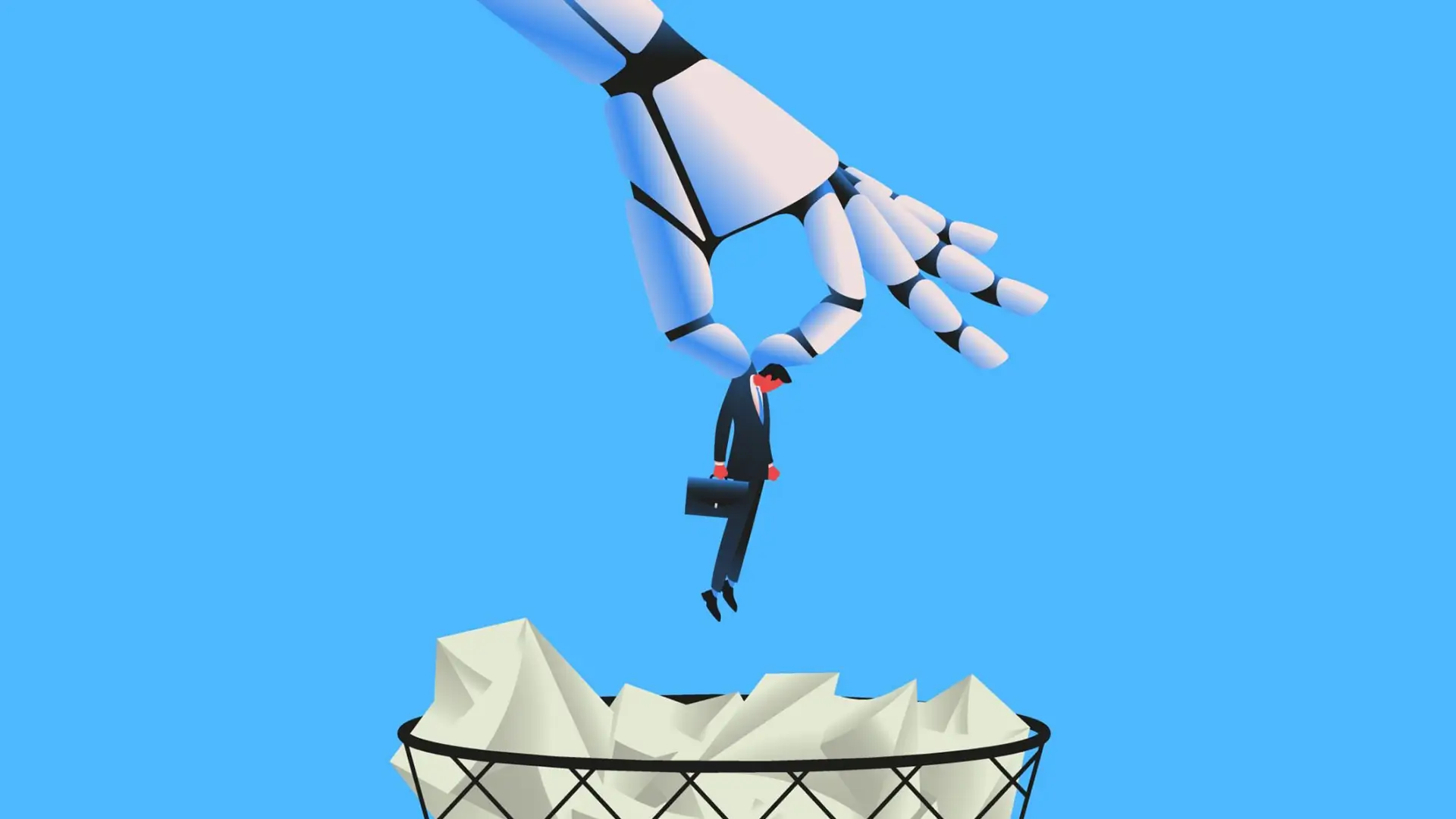Generative artificial intelligence tools like chatbots are making some workers better at their jobs by augmenting their skills. But as the technology improves, others wonder whether it could automate specific jobs. Like their own jobs, for instance.
That was a real fear for Kerry Harrison, a U.K.-based copywriter and AI educator, after she learned about an early AI software program that her clients were using to generate email subject lines back in 2017.
“And I just remember thinking, ‘Oh my goodness, like, what does this mean for me as a writer?’ And ‘Perhaps my days are numbered,’” Harrison said.
That experience motivated her to learn how to use AI in her work. She currently trains and consults with other copywriters and businesses interested in using tools like ChatGPT.
She said it’s helped mostly with basic tasks like creating an outline or getting over writer’s block. But when it comes to work like creating original ad campaigns, it just can’t do that because everything it creates is a regurgitation, as it were,” Harrison added.
But she noted that having AI do the basics is enough for some people.
“I’ve spoken to people who are using these tools to write their blogs and to write their newsletters, and they’re happy with that outcome,” Harrison said.
And it’s already enough for some employers, even deep-pocketed ones like Disney. The studio recently confirmed it relied on AI to generate much of the opening credits for its new Marvel Disney+ show, “Secret Invasion.”
Some copywriters have lost contract gigs or been laid off due to AI outsourcing, according to recent reporting in The Washington Post.
But these tools could make creative workers more productive, said Bill Swartout, a professor of computer science at the University of Southern California. He compares generative AI’s introduction to calculators becoming a cheap, widespread tool.
